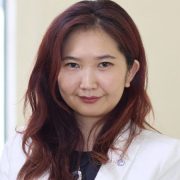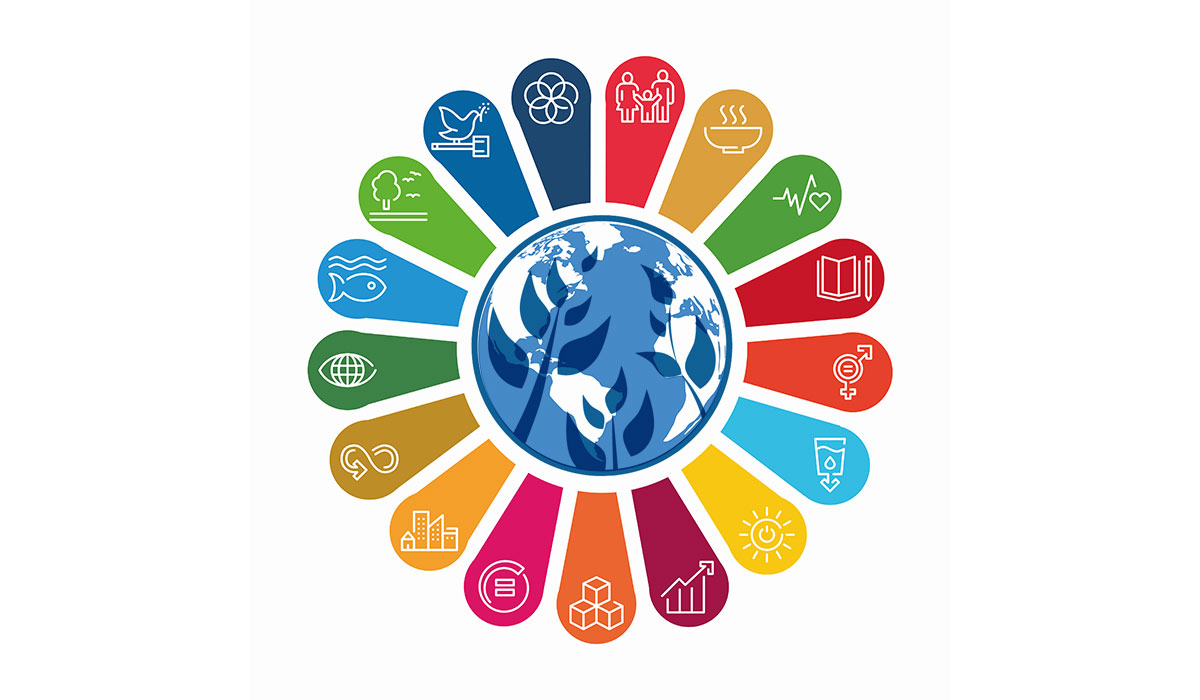The global community is halfway to the deadline set for achieving the 2030 Agenda and the United Nations Sustainable Development Goals (UN SDGs). However, slow progress to date calls for accelerated action to meet the targets by 2030 and for setting priority transitions at its core. A sustainable and just future requires collective ambition and efforts.
Ahead of the 2023 UN SDG Summit, we highlight the importance of science and of the young scientific community for the orientation of collective actions to address common sustainability transition issues across interconnected economies, countries and communities.
Integrated science-to-action, supported by strong innovation coming from exceptional young scholars and shapers of the future global scientific and policy directions, should be put at the service of the priority transitions and the accelerated action to meeting the SDGs. Scientific contributions have delivered and will continue to deliver solutions to the sustainability transition.
The scientific contribution of young scholars is crucial in supporting the acceleration of action and priority transitions through actionable knowledge, closure of knowledge-implementation gaps and evidence-based policymaking.
For meaningful and impactful science-to-action, a wider science-policy interface is needed, with an explicit contribution and role for the next generation of front-line scientists in a mission-oriented knowledge advancement in support of transformative change.
Closing this science-policy gap should be addressed with the practical and meaningful engagement of young scientists in interdisciplinary communication and close collaboration among experts, policymakers, and practitioners.
Strong integration between the natural and social sciences as well as technology, such as the one characterizing the work of the GYA, is necessary to provide holistic, independent, and evidence-based advisory support to SDG action.
The GYA is active in many of the areas covered by the SDGs, and makes contributions through its various working groups, participation in international meetings on the implementation and monitoring of the SDGs, and by providing science-based policy advice to policymakers and global science organizations.
The GYA work on the SDGs remains at the service of the accelerated action to meet the SDGs by 2030 and to setting and meeting the targets for the priority transitions.
Selected GYA ongoing activities related to accelerating action towards meeting the SDGs include:
- Open Science working group. The GYA’s Open Science (OS) working group serves as a platform for exchange among academics and other actors in the OS sphere, including academic journals, data curators, and those responsible for scientific infrastructure (e.g., librarians, database creators, international commissions).
- An Interdisciplinary Database of Ethics Dumping Cases. By highlighting instances of ethics dumping, this project aims to mitigate exploitative practices that compromise the rights of research subjects, especially those in low- and middle-income countries (LMICs).
This project supports three Sustainable Development Goals (SDGs). First, by pushing for transparency and accountability in scientific research, this initiative supports SDG 16 (Peace, Justice, and Strong Institutions). Secondly, the emphasis on educating future researchers and raising awareness of the negative consequences of international collaborations supports SDG 4 (Quality Education). Further, the project empowers both the academic community and local communities in LMICs. This empowerment and capacity building is also associated with SDG 17 (Partnerships for the Goals). - Science Leadership Programme in Latin America and the Caribbean (SLP-LAC). The initiative contributes to several SDGs, including SDG 4 (Quality Education) by promoting scientific leadership and capacity building among young researchers in the region, while giving equal opportunities to women in the application process (SDG 5, Gender Equality). Through mentorship, training, and collaborative research, and the creation of networks of early-career researchers (ECRs), this project empowers the next generation of scientists to address local challenges in collaboration with regional and international initiatives, thus indirectly advancing SDG 17 (Partnerships for the Goals) in the region. The goal of creating a regional network of competitive science leaders contributes to SDG 10 (Reduce Inequality within and among Countries).
- Science and Art working group. Science communication is one of the most important endeavors to build trust in science as well as share the importance and potential of science to affect positive change. The group develops innovative science communication using multimedia approaches.
- Global Health working group. This working group aims to furnish policymakers and stakeholders with insights and strategies to effectively navigate future health crises, all of which are intricately linked to the SDGs. Focus themes include pandemic preparedness for climate change, health information systems, and health narratives in the context of sustainable food practices amid climate change. The group’s work directly aligns with the broader SDGs, contributing to progress across multiple fronts, including safeguarding public health, promoting economic stability, and advancing social equity.
For more information, please visit the GYA Activities Theme: GYA & the SDGs, and the GYA & the SDGs Incubator group page.

